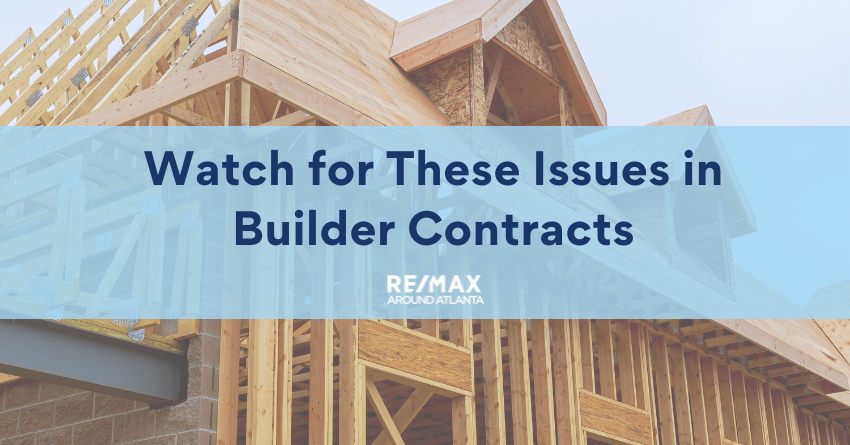|
It’s not easy being a Landlord. There are rules. The tenant’s term is up and he’s holding over. Or the tenant is violating the terms of the lease. Or the tenant just isn’t paying the rent. How does a landlord get the tenant evicted? Do not let your client threaten the tenant, remove the tenant’s belongings from the premises, shut off the utilities or deny the tent access to the property without first following all the required steps in the Georgia eviction process. Any self-eviction conduct could subject the landlord to criminal charges of trespass and render him or her civilly liable for monetary damages, including punitive damages, if the tenant brings a civil suit.
Lease Termination Notice Period: The notice period can be 30 days or 60 days, based the terms of the lease or certain specific facts. If the lease does not specify or there is no lease and the length of the notice period it is in doubt, the best practice is to give 60 day notice. Landlord: Demand the Rent. Demand compliance. Or Demand that the tenant vacate. If the tenant has failed to pay rent or has violated some provision of the lease (such as by allowing unauthorized pets, using the premises as a unauthorized business, annoying other tenants, or has persons or pets living on the premises without permission), the landlord must demand that the tenant pay the overdue rent, comply with the lease provisions or vacate by a certain date. The eviction notice does not have to be in writing, but it is good practice to send a written eviction notice to the tenant: Comply by a certain date or give up possession. Georgia law also does not specify how long the landlord must give the tenant to comply, unless there is a notice period specified in the written lease.
0 Comments
Leave a Reply. |
RMAAReal Estate News, Brokers Blog & More Categories
All
Archives
July 2024
|


 RSS Feed
RSS Feed